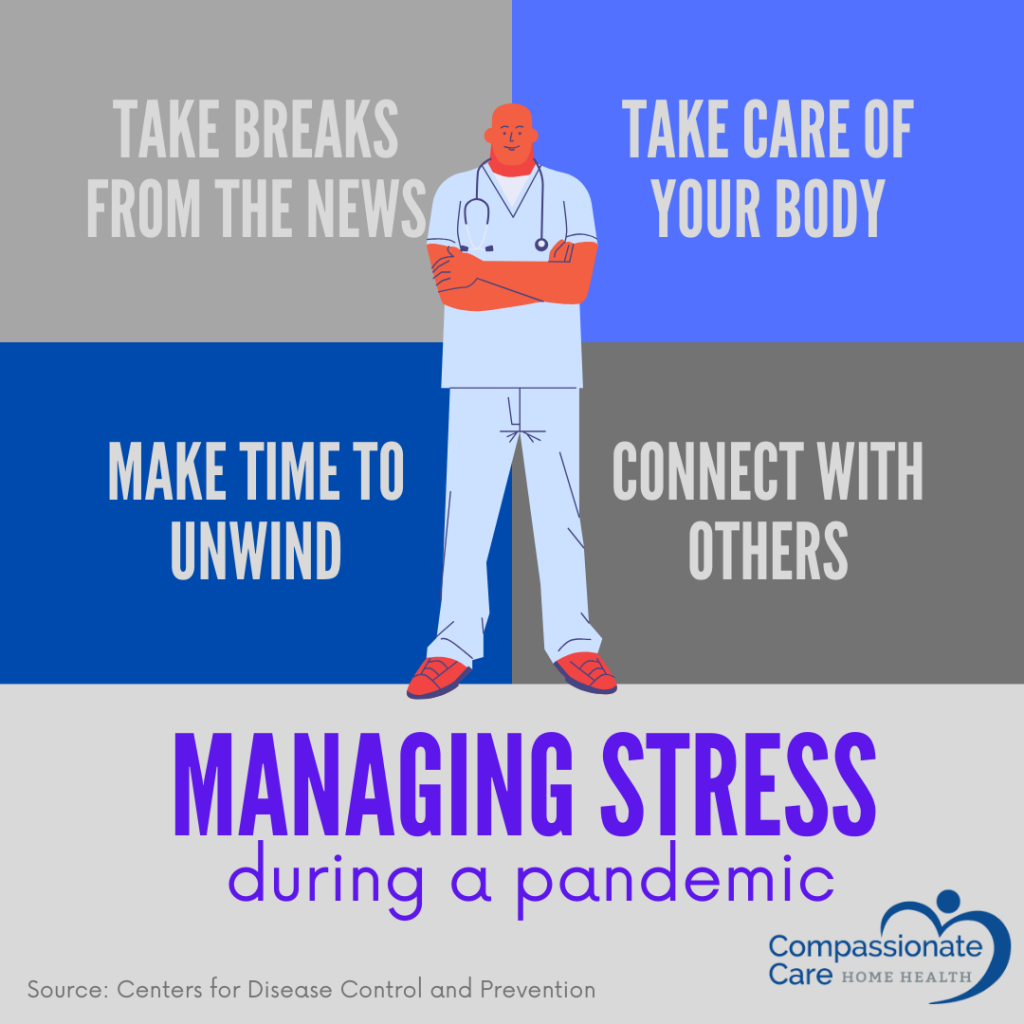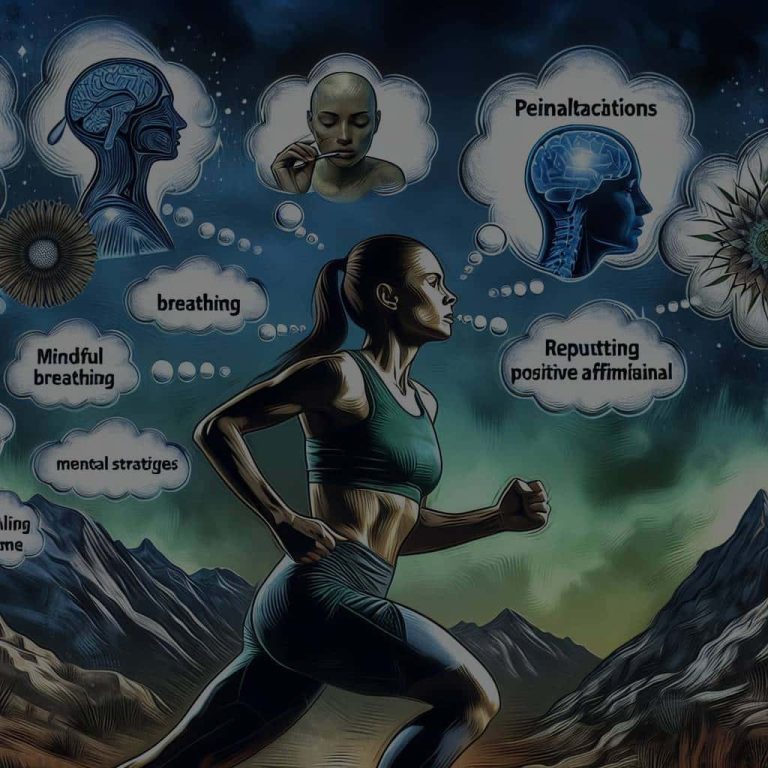Managing Stress During training cycles: A Cyclist’s Guide
Cyclists often face the challenge of managing stress during intense training cycles. Balancing mental and physical demands is crucial for peak performance. Incorporating effective stress management strategies can lead to improved cycling metrics and more enjoyable rides. Explore how mental resilience, mindfulness, and structured recovery can enhance your performance. Effective stress management also involves paying attention to bike maintenance and the right gear.
Training Techniques for Cyclists
Mental Resilience in Training
Mental resilience is a key component for success in cycling training cycles. Building resilience helps cyclists push through tough sessions and recover quickly. Techniques such as positive visualization and emotional regulation play vital roles. Cyclists can visualize success before rides, fostering a positive mindset. Emotional regulation involves recognizing and managing one’s feelings during challenging rides, ensuring focus remains on performance.
Implementing progressive muscle relaxation can further enhance mental resilience. This technique involves tensing and relaxing different muscle groups, helping in reducing physical tension and mental stress. Practiced regularly, it becomes a powerful tool for maintaining composure and focus.
Mindfulness and Meditation
Mindfulness helps cyclists remain present, reducing stress and enhancing performance. Simple mindfulness exercises, like focusing on breathing and pedal cadence, can create a more controlled training environment. Meditation complements mindfulness by promoting mental calm and concentration.
Regular meditation sessions, even for a few minutes a day, help clear the mind, reduce anxiety, and improve concentration. During training, being focused helps maintain form and efficiency.
Best Nutrition Practices for Cyclists
Nutrition Balance and Hydration
Proper nutrition is vital for managing stress during training cycles. A balanced diet ensures energy levels remain consistent, aiding recovery and performance. Carbohydrates fueled sustained energy, while proteins support muscle repair.
Adequate hydration also reduces physical stress. Cyclists should aim to drink water throughout the day and during training to prevent dehydration, which can lead to fatigue and impaired performance.
Scientific studies have shown that consuming a mixture of carbohydrates and proteins within 30 minutes after training optimizes muscle recovery. Keeping nutrient intake balanced can significantly enhance training outcomes.
Supportive Networks and Community
Connecting with fellow cyclists can ease stress, offering emotional and practical support. Being part of a supportive network provides encouragement, shared experiences, and insights into effective methods. Team rides and group training sessions can motivate individuals, making training cycles more enjoyable.
Joining local cycling clubs or online groups can also lead to valuable friendships and shared knowledge, enhancing both mental resilience and technical skills.
Cycling Safety Tips
Workload Balance and Schedule
Organizing a training schedule that balances work and leisure is crucial. Overloading training volume leads to burnout and increased stress. Proper time management enables cyclists to allocate periods for rest and recovery, essential for performance enhancement.
Creating a training log, either manual or digital, helps track progress and identify when intensity adjustments are needed. Cyclists should listen to their bodies and allow for adaptability, modifying schedules as required to maintain mental and physical health.

How to Choose the Right Cycling Gear
Bike Maintenance and Setup
Proper bike maintenance reduces technical stress during rides. Regular maintenance checks ensure that bicycles perform optimally, decreasing the risk of accidents or unexpected breakdowns. Cyclists should be familiar with basic maintenance practices such as tire pressure checks, brake inspections, and chain lubrication.
Choosing the right cycling gear can also alleviate stress. Well-fitted bikes and suitable clothing improve comfort and performance. Cyclists should seek professional fitting services to optimize their riding posture, thereby minimizing strain.
Cycling Cadence and Performance Metrics
Adaptive Coping and Performance Tracking
Understanding and tracking performance metrics like cadence and heart rate helps cyclists manage stress effectively. Keeping an eye on these metrics allows cyclists to adjust training intensity, maintaining a balance between challenge and capability.
Power-based training techniques can support adaptive coping by providing objective data. Cyclists equipped with power meters can track improvements in VO2 max and other key fitness indicators, informing targeted training adjustments.
Regular feedback through these objective measures encourages motivation and provides validation of progress, reducing psychological stress.

Advanced Techniques for Stress Management
Breathing Exercises and Sleep Hygiene
Cyclists benefit from incorporating specific breathing exercises into their routines. Techniques such as diaphragmatic breathing reduce stress and improve oxygen delivery during intense sessions.
Also, maintaining good sleep hygiene ensures adequate rest and recovery. Cyclists should aim for consistent sleep patterns, creating an environment conducive to restful sleep. Continuous rest supports mental resilience and physical recovery.
Time Management and Self-Care
Effective time management is integral to stress management, especially during intensive training periods. Allocating time for self-care activities like massages or leisurely walks complements physical activity and aids recovery.
Separating training time from other life responsibilities helps maintain focus and reduce stress. Scheduling “downtime” is crucial, allowing the mind and body to recharge.
Data, Metrics, and Studies
Statistics show that cyclists who manage stress effectively through structured strategies experience improved performance and reduced injury risks. Studies support the benefits of interval training and power-based metrics tracking.
For instance, research on VO2 max improvements has shown significant gains in endurance among cyclists who adhere to structured training and recovery routines.
User Intent and Benefits
Managing stress during training cycles offers multiple benefits. By adopting these techniques, cyclists not only improve their endurance and performance but also enjoy a more balanced lifestyle. They gain better control over emotions, improved mental clarity, and a higher sense of achievement.
Optimizing cycling workouts through relaxation and recovery techniques fosters a more enjoyable and sustainable cycling experience. Cyclists can expect to reach their goals with greater ease and less burnout.
FAQs
- What are some simple relaxation techniques for cyclists?
Simple techniques include deep breathing, progressive muscle relaxation, and visualization exercises that can be done pre-and post-ride to reduce stress and enhance focus.
- How does proper nutrition help in stress management during cycling?
Balanced nutrition supports consistent energy levels, faster recovery, and optimal muscle repair, all of which prevent physical stress and enhance performance.
- Why is mental resilience important in cycling?
Mental resilience helps cyclists overcome tough training sessions, manage stress effectively, and improve overall performance through better focus and determination.
- How can cyclists manage their training workload effectively?
Cyclists can manage workloads by using training logs to track intensity and recovery, making sure to schedule rest days and adjust based on physical feedback.
- What role do supportive networks play in a cyclist’s life?
Supportive networks offer moral encouragement, shared knowledge, and motivation, helping reduce stress and enhance the enjoyment of training sessions.
Conclusion
Implementing stress management strategies during training cycles is crucial for enhancing cycling performance. By combining techniques like mindfulness, proper nutrition, and effective workload balance, cyclists can experience more rewarding and fulfilling rides. Now is the time to embrace these methods, enjoy your journey, and share your experience with fellow cyclists.






